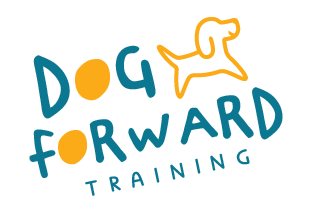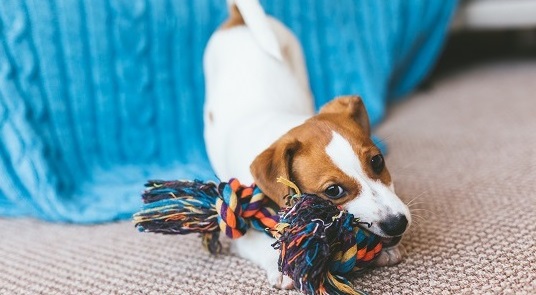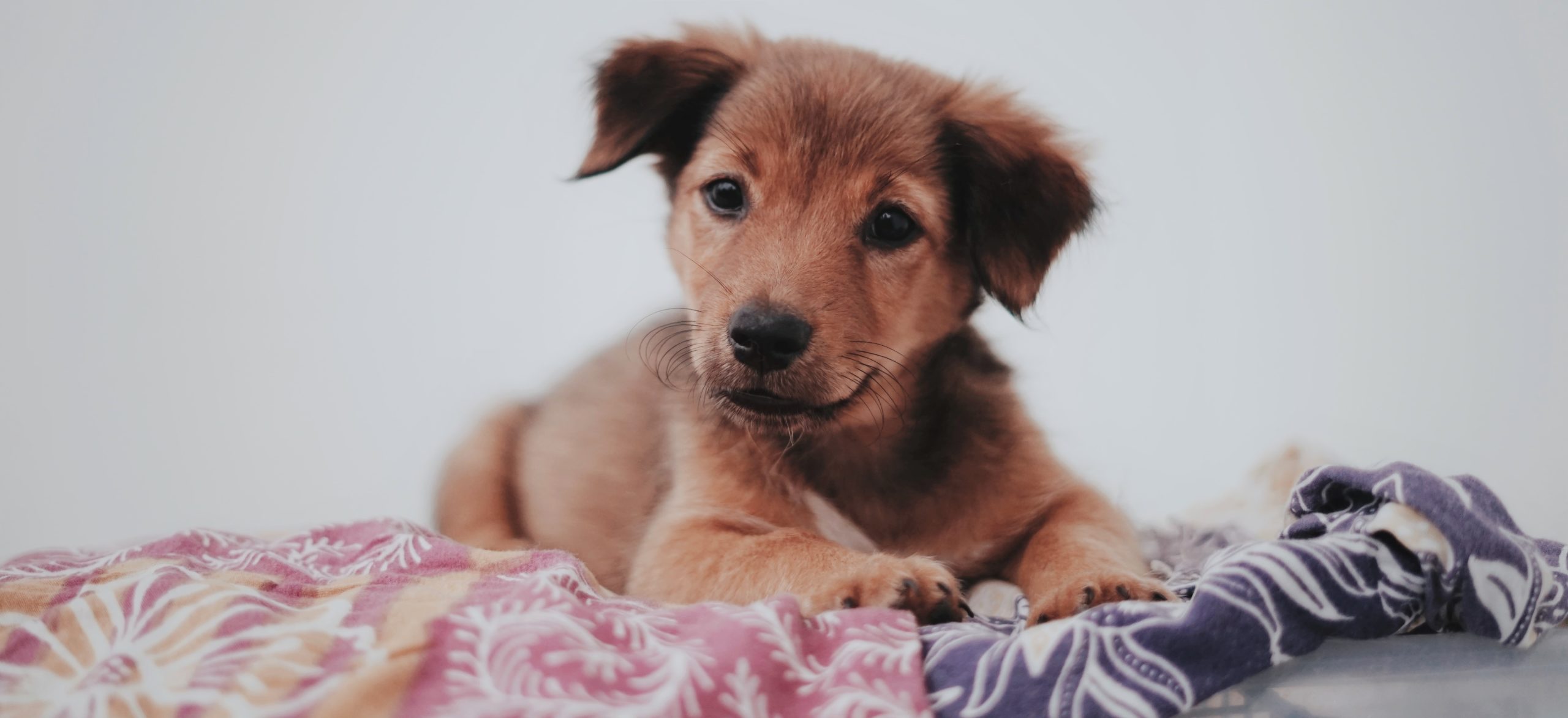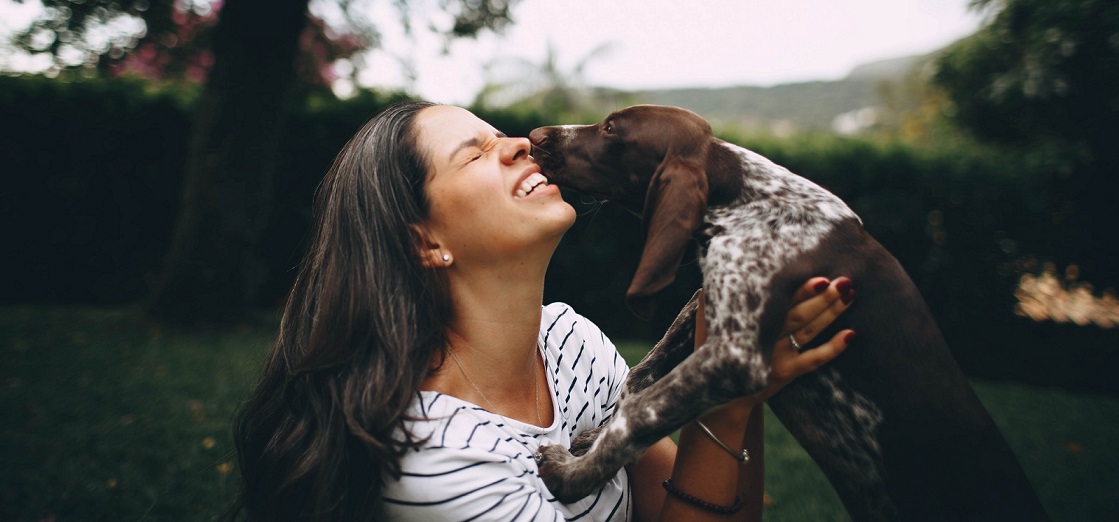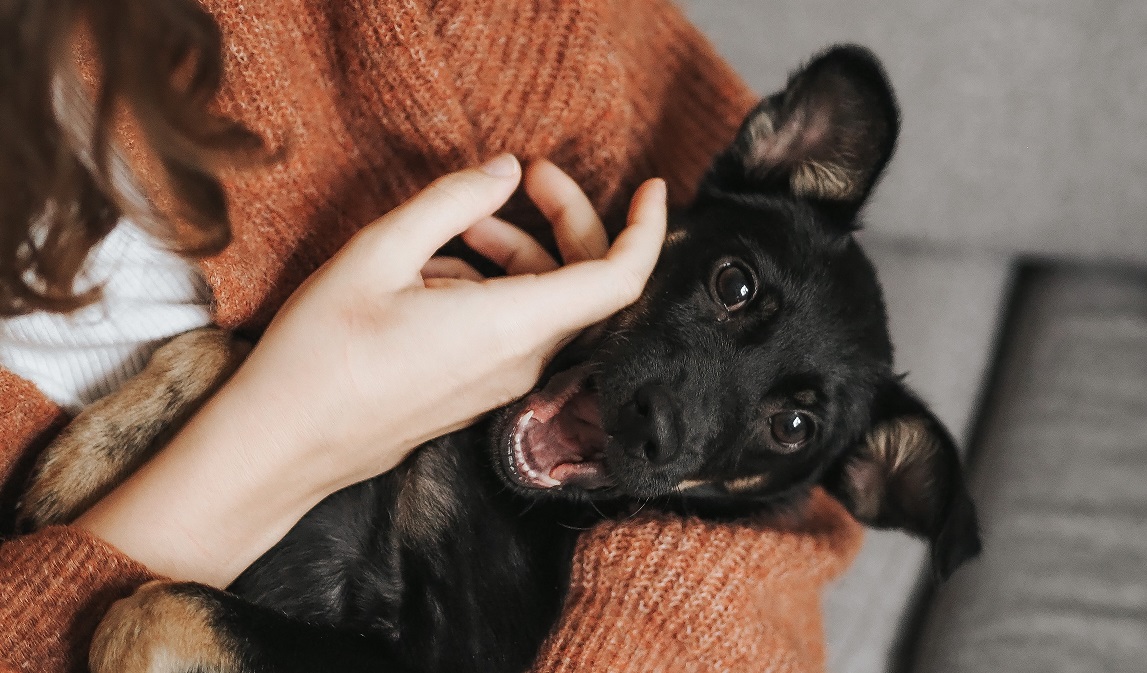Misconception #1: Training lasts for a period of time and then your puppy is fully trained.
Reality: Training can absolutely start when your puppy is young, and it will be an ongoing process throughout the life of your dog.
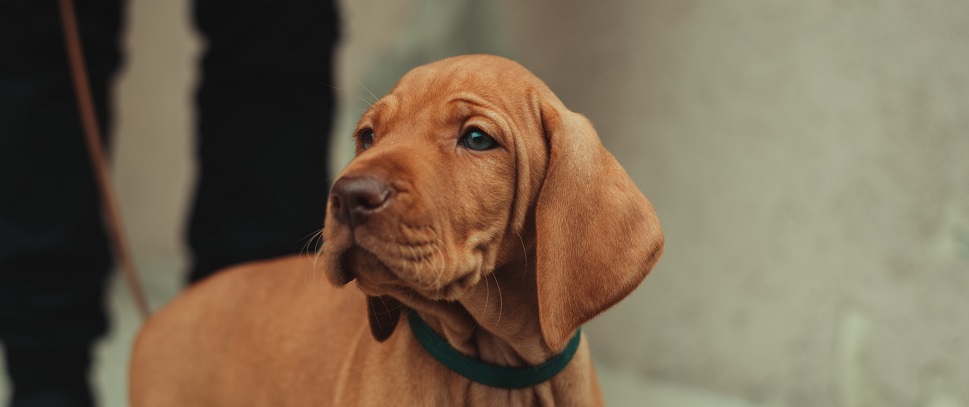
Misconception #2: Puppy class is all you need to train your puppy.
Reality: Puppy class can be a great resource as you raise your puppy, but it’s not enough on its own.

Misconception #3: Puppy behavior is personal.
Reality: Puppy behavior is not personal, rather your puppy is doing what works to meet their needs.
Your puppy’s behavior is actually not about you at all. It’s about them. It’s the reverse of that “it’s not you, it’s me” thing. All puppies have needs. And they do things to meet those needs. Sometimes those things might frustrate you, but it’s still not about you.

Misconception #4: It’s all how you raise them.
Reality: A dog’s behavior is the result of their genetics, environment, and training.

Understanding your puppy’s unique genetics. You cannot change your puppy’s genetics, but the more you understand their particular instincts and quirks, the better you can handle them. I’ll help you identify ways you can channel those instincts and behaviors into outlets that both you and your puppy like, instead of feeling caught off guard or frustrated.
Misconception #5: Puppy training is important.
This last misconception is a little bit complicated. Yes, puppy training is important, but there is an even more important priority for young puppies.
Reality: Puppy socialization is more important than training. (But training is important too!)
I did a short Facebook live to explain what this means in more depth. Give it watch here:
